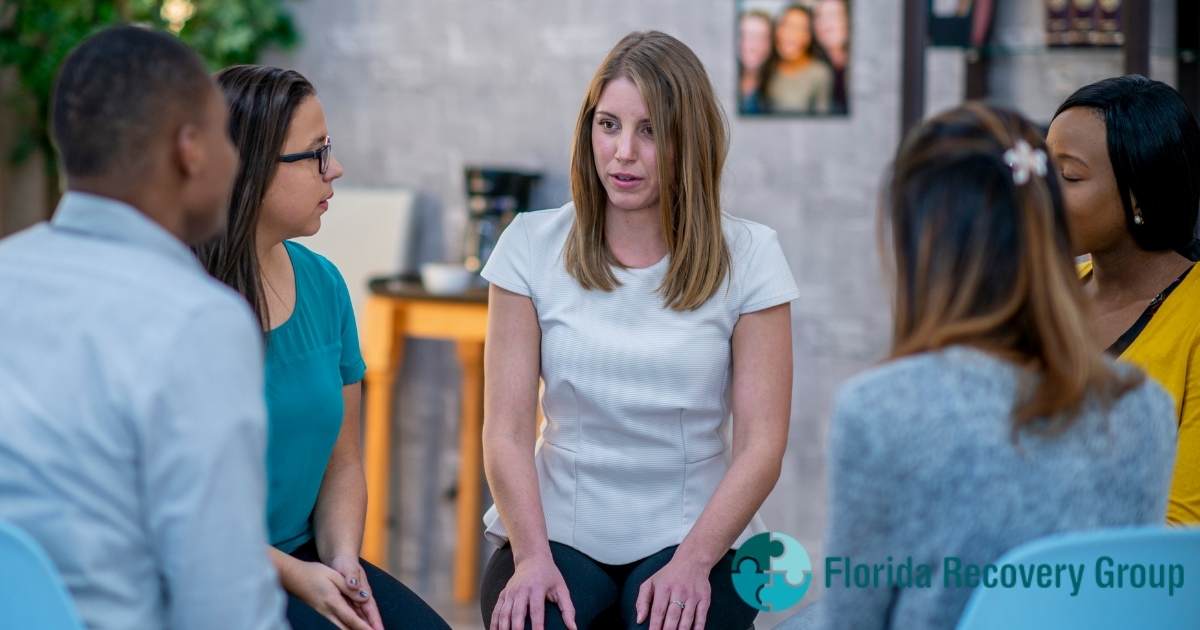
15 Mar Levels of Care in Addiction Treatment
When researching addiction treatment programs in Delray Beach, it’s common to run across a lot of lingo that someone new to the addiction and recovery process may not be familiar with. Even though every rehab center is different, there are five primary levels of care that may be offered during addiction treatment. These are:
- Inpatient
- Partial Hospitalization (PHP)
- Intensive Outpatient (IOP)
- Outpatient (OP)
- Aftercare
To better understand the treatment process and make an informed decision regarding which level of care a person needs when going to rehab, here is what can be expected during each of the five levels of care in addiction treatment.
Inpatient Rehab
Inpatient rehab, also known as residential treatment, is the highest level of care patients can be in at a Delray Beach addiction treatment center. These programs require patients to live at the treatment facility and attend at least 30 hours of clinical therapy each week.
Many residential programs include drug and alcohol detox as well. Being the highest level of care, medical and psychiatric care is offered on-site, and clients are under 24/7 supervision.
This level of care is best for people who need medical supervision, have co-occurring disorders, or are at risk of harming themselves or other people. Inpatient rehab programs can last anywhere from 30-90 days.
Partial Hospitalization Program (PHP)
Partial hospitalization programs, or PHP for short, are the next step in treatment for people who have completed an inpatient detox or residential rehab program. PHP can also benefit people who need treatment but don’t necessarily need around-the-clock monitoring.
Throughout PHP, clients work with a licensed therapist in both group and individual sessions. At Florida Recovery Group, our PHP also includes a community residence that has 24/7 housing staff. Staff also transports patients to 12-step meetings in the Delray Beach community.
A good candidate for a PHP program is someone who:
- Is not a danger to themselves or others
- Is able to participate, both mentally and physically, in treatment without much assistance
- Shows willingness to follow a structured treatment program and an aftercare plan
Intensive Outpatient Programming (IOP)
Intensive outpatient programming (IOP) is considered a step-down from PHP when it comes to levels of care in addiction treatment. IOP programs are best for people who have completed detox, inpatient, and/or PHP.
During IOP, patients are able to live in the comfort of their own homes or at a nearby sober living facility while attending day or evening therapy groups five days a week. These programs can last anywhere from 30 to 90 days.
These programs offer an intensive level of therapy while still giving patients their independence. This can help ease the transition from inpatient or PHP back to regular life. Patients will have both individual and group therapy sessions that place a strong focus on relapse prevention.
While participating in IOP in Delray Beach, patients are encouraged to attend local 12-step meetings, get a sponsor, and include their family members and loved ones in the recovery process.
Outpatient Programming (OP)
Outpatient programming (OP) is similar to IOP. The primary difference is that OP programs only require patients to commit to 1-3 hours of therapy a week. Most patients will have one group therapy session and one individual session each week.
Outpatient is best for people who have completed an inpatient, PHP, or IOP program or those with mild addictions and supportive home environments. In addition, on-site medical services may not be included with this level of care. Patients who need detox or medical supervision should attend a higher level of care.
Aftercare
Aftercare is a broad term that may be referred to any type of continuing care program, including IOP and OP. However, there are other types of aftercare programs in Delray Beach that patients can participate in – both during and after they finish treatment.
The most common types of aftercare include:
- Sober living homes – These are drug and alcohol-free residences that house people in recovery. Patients will have a curfew to abide by, house rules to follow, and randomized drug tests to submit to. Patients are also expected to pay rent and do their house chores.
- Alumni groups – Many drug and alcohol rehabs in Delray Beach have alumni programs for people who completed treatment at their facility. This provides a community for past patients to continue supporting one another. Alumni groups may participate in a variety of sober events, including sports, volunteering, meetings, and more.
Addiction is a progressive disease without a cure. But, it can be managed with regular treatment and long-term care. Aftercare programs exist to provide long-term support systems to people in recovery in hopes that they will avoid relapse.
Start Addiction Treatment in Delray Beach Today
Admitting that you need help with an addiction is a huge feat, but trying to choose the right treatment program can feel discouraging. If you’re unsure of which of these levels of care in addiction treatment is right for you, give us a call today. Our dedicated admissions counselors will learn about your situation, verify your insurance, and discuss your different options with you.





